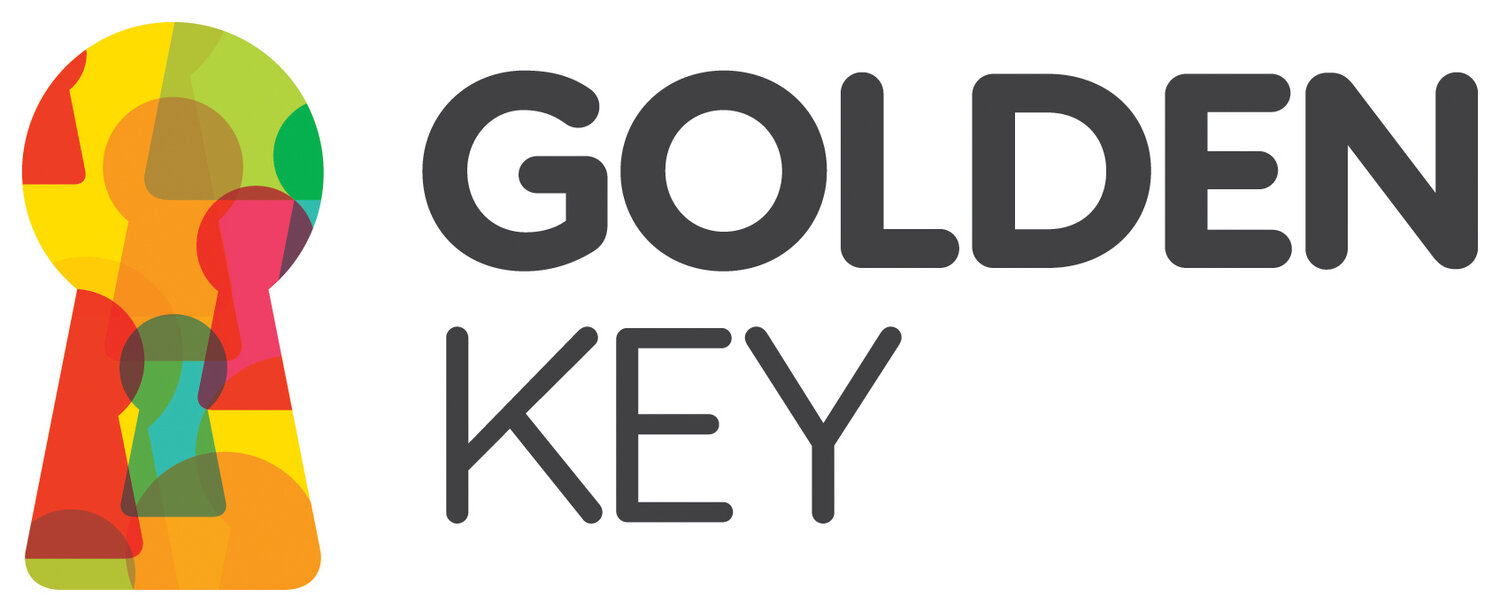The journey to becoming a peer mentor (even with Covid-19 in the way).
Mallika is a Psychology student who chose to become a peer mentor just before the country was put in lockdown. In this blog she tells us why she decided to become a peer mentor and recounts her journey so far.
As a Psychology student, it’s pretty hard to find opportunities that involve directly working with people who have mental health issues.
It’s understandable because a student couldn’t possibly be qualified enough to treat people experiencing such hardships. However, I have had first-hand experience of how traumatic experiences can impact your mental health and the way you lead your life. There are countless things that I wish people had said or did, and I am so grateful for the help that I did get.
Since recovering, I have been passionate about helping others going through similar situations in any way that I can. And it doesn’t hurt to build up that CV.
So, I did what every young person would do and scoured the Internet (no cat videos, I swear!).
I finally came across a volunteering role, advertised by Golden Key, to be a peer mentor who has lived experience of one or more of these complex needs : mental health, homelessness, drug/alcohol dependency and offending behaviour. I would be working with clients who had these issues themselves. It was exactly the job I was looking for. Finally, I could use my own experience to help others in a similar situation.
Whilst I was applying, I was told that the peer mentoring service was merging with another organisation called Independent Futures. My role would be slightly different but there would be training involved to help us to get to grips with it. Essentially, it still meant I got to help people with mental health issues, as well as other complex issues in their lives. So, I was definitely excited to learn about these changes and get to work.
But then COVID-19 came and threw a spanner in the works.
Working from home has been an interesting adjustment. It has been cool to see how Independent Futures has adapted in order to support clients as much as possible during this time. My days are now a series of Zoom meetings and phone calls with various colleagues I have never met before. It’s working on different ideas to support those who may be struggling during the pandemic. There’s also a lot of training to understand what is and isn’t okay to do when meeting with clients.
The training has been eye-opening. I have learned how people with a mix of these needs are often involved with many services that may not be aware of their other problems and how these are linked with each other. For example, a person may be homeless because they are dependent on alcohol so they were unable to hold down a job and pay their rent. However, they may find it hard to stay sober as they rely on alcohol to cope with their depression, which has worsened since becoming homeless.
The services that support these needs are often set up to help with just one issue at a time. Each of these services have their own criteria that clients must meet to be able to access them. It can be hard for them to juggle all these services and rarely see the same face. Also, if they don’t meet these conditions at any point (e.g. the client relapses), they may not be able to access these services anymore. This can make them feel that services don’t understand what they’re going through. The training showed me how important it is to accept the clients unconditionally. Even if they share different views and especially if they slip up on the road to recovery.
By becoming a peer mentor, I could be a familiar face they could vent to. It also meant that I could bridge the gaps between services and be able to keep them informed of the client’s situation. I also learned about how this role benefits both the clients and me as a mentor. For example, my strength is that I like to be social and help others, however I would like to improve on being kinder to myself. So, in helping other clients and making new friendships I feel like I am being a good person. Take that, inner self-critic!
It's unclear what the future holds whilst coronavirus is still around. I am not sure about what to expect when things do go back to normal. Not just for me, but for all the people with complex needs. But, I am glad that I can support people in their recovery and I can’t wait to learn more about my job.
